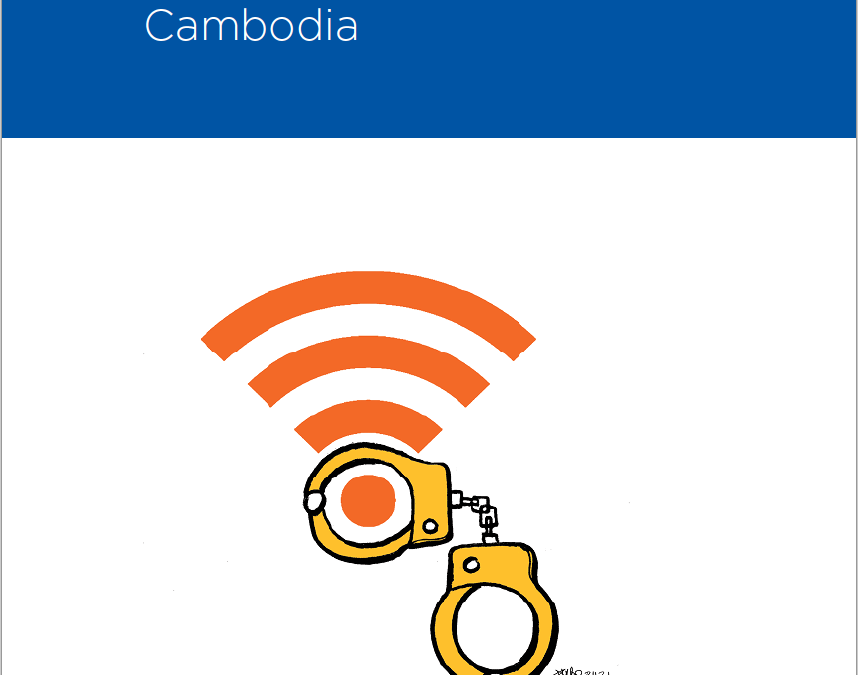
Dec 23, 2021
The Cambodian authorities should immediately reform laws, policies and practices that have led to increasing violations of human rights in the digital sphere, the ICJ said in a new report launched today.
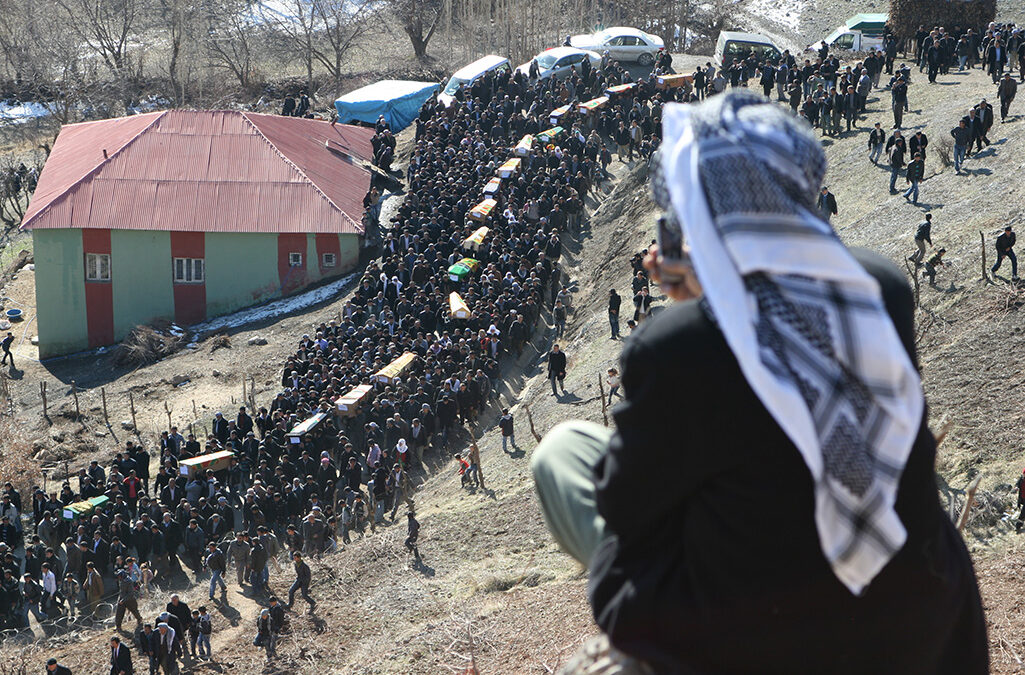
Dec 16, 2021 | Multimedia items, News, Video clips
To commemorate the tenth anniversary of the massacre of 34 people in Roboski, Southeast Turkey, and take stock of the continuing lack of accountability and reparations for the victims and their family members, the ICJ convened a group of experts on 13 December.
“The Roboski massacre was carried out in clear violation of international human rights law”, said Roisin Pillay, Director of the ICJ Europe and Central Asia Programme, “Since then, the Turkish authorities have further violated their international obligations by failing to provide investigation or accountability for the arbitrary killings. Ten years later, the Turkish authorities must end this impunity.”
On 28 December 2011, 34 persons living in Turkish villages near the border with Iraq, including 17 children, were killed by a Turkish military bombshell during a purported “counter-terrorism” operation, known as the “Roboski massacre”.
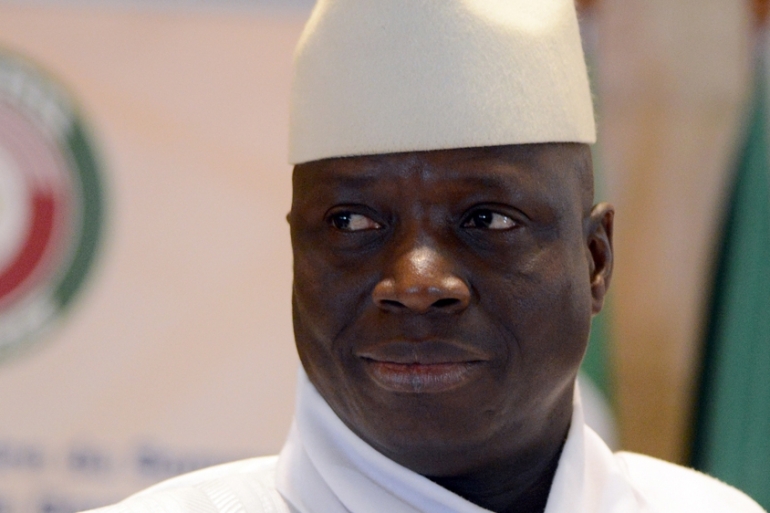
Nov 26, 2021 | Communiqués de presse
L’appel lancé par la Commission de vérité gambienne en faveur des poursuites des anciens responsables qui ont commis de graves violations des droits humains sous la présidence de Yahya Jammeh entre 1994 et 2017 doit être suivi par un processus de responsabilité pénale, ont déclaré ce jour 11 organisations gambiennes et internationales.
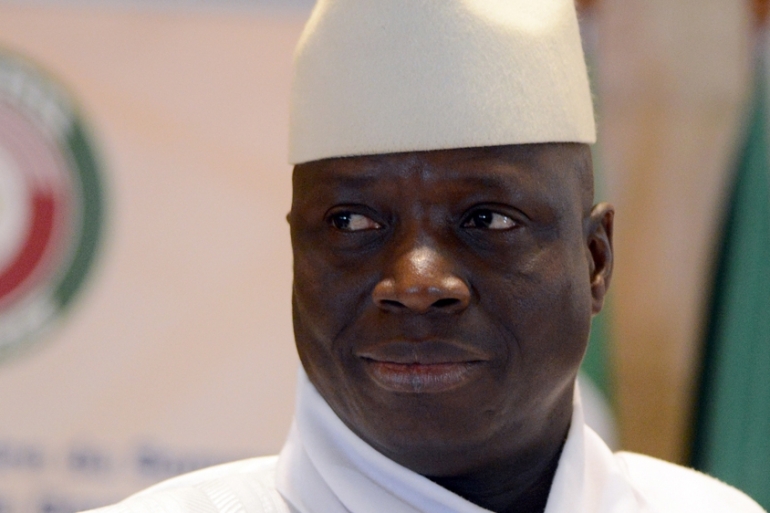
Nov 26, 2021 | News
The Gambian Truth Commission’s call for the prosecution of former officials who committed the worst human rights abuses during the 1994-2017 rule of former president Yahya Jammeh should be followed by a process of criminal accountability, 11 Gambian and international groups said today.
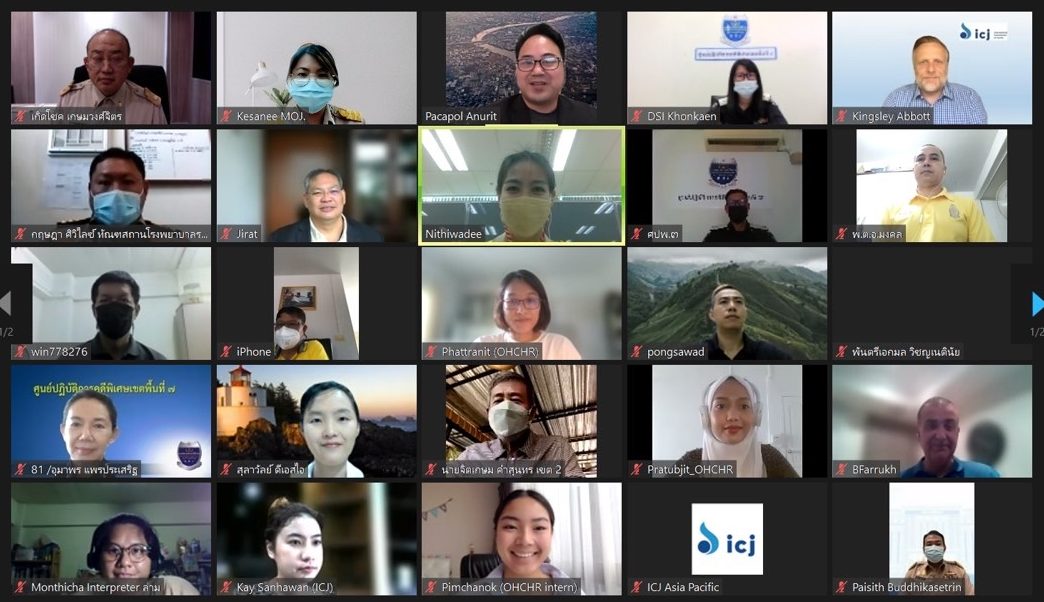
Oct 6, 2021 | News
Thai authorities discussed how to improve investigations of serious human rights violations during a workshop co-hosted by the ICJ, Thailand’s Ministry of Justice, and the United Nations Office of the High Commissioner for Human Rights (OHCHR).









